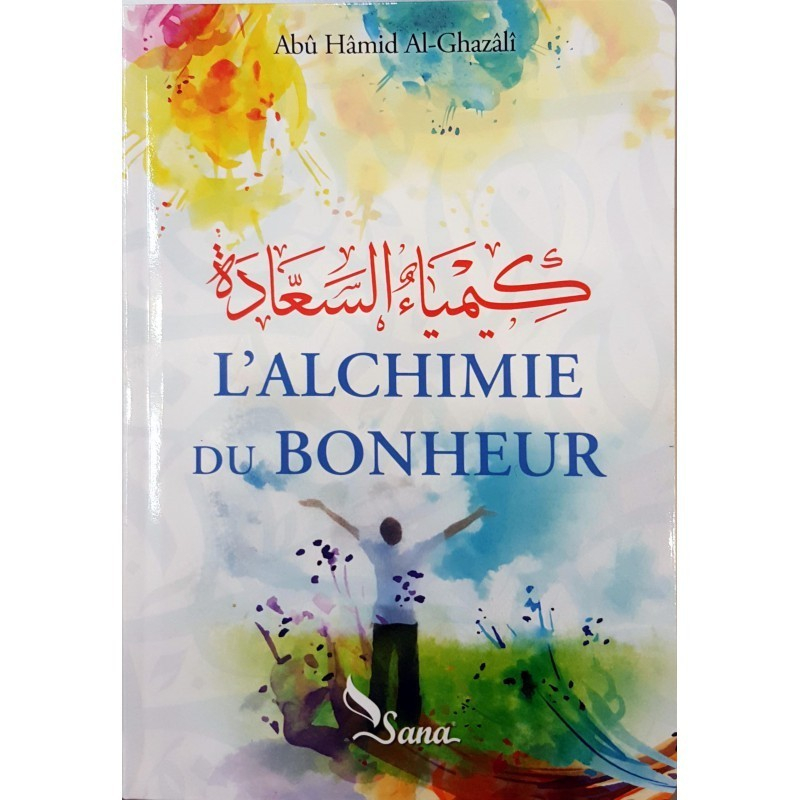
#HAMID AL GHAZALI FREE#
In order to promote a dialogue between the various interested groups as much as possible, papers are presented in a style relatively free of specialist jargon. Azim Islahi zyxwvut I This paper explores the economic thought of Abu Hamid Ibn al- Ghazali, an eleventh-century Arab scholar, acclaimed. Speculative philosophy as well as reports of empirical research are welcomed. The style and level of dialogue involve all who are interested in business ethics – the business community, universities, government agencies and consumer groups. Systems of production, consumption, marketing, advertising, social and economic accounting, labour relations, public relations and organisational behaviour are analysed from a moral viewpoint. The term 'business' is understood in a wide sense to include all systems involved in the exchange of goods and services, while 'ethics' is circumscribed as all human action aimed at securing a good life. He then went to Nishapur where he attended the lessons of Imam al-Haramayn al-Juwayni. Abu Hamed Mohammad ibn Mohammad Al-Ghazzali (1058-1111), known as Algazel to the western medieval world, was born and died in.

He began with some jurisprudence (fiqh) there as a child. Ibn Asakir said: Imam Ghazali was born in Tus in the year four-hundred and fifty. Philosophe, thologien, logicien, juriste et mystique musulman d'origine perse 3, il est une figure majeure de la pense musulmane. Since its initiation in 1980, the editors have encouraged the broadest possible scope. Imam al-Ghazali was born in the city of Tus, the second city of Khorasan after Nishapur, in the year 450 A.H. Abu Hamid Muhammad ibn Muhammad Al-Ghazali al-Tusi al-Nisaburi ( 1058 - 1111) est connu en Occident sous les noms latiniss d' Algazel ou Algazelus 2. The Journal of Business Ethics publishes original articles from a wide variety of methodological and disciplinary perspectives concerning ethical issues related to business. We argue that including such historically and contextually recognized perspectives in our understanding of BE, both in theory and in practice, would work well with an audience that looks to Islam as a source of justice and proper moral conduct. His thought portrays a vibrant work ethic that, while based in Sufism, has important practical implications for business. Pero nunca perdió su inclinación hacia la filosofía, que posteriormente canalizó hacia el sufismo a través del cual reformuló concepciones islámicas. His approach to Sufism, combining an interpretation of revelation with reason, can contribute to new developments in business ethics (BE) scholarship and practice especially in Muslim communities. El Imam Abu Hámid al-Ghazali tenía un profundo conocimiento de los principios de la jurisprudencia, e incluso del sufismo y la filosofía islámica, y también era un devoto adorador y asceta. We seek to correct this imbalance by examining works of Al-Ghazali, an early Muslim philosopher, scholar, and mystic.

However, there is a rich-largely ignored-tradition of ethical analysis conducted by Muslim philosophers which would broaden our understanding of Islamic ethics and hence IBE.

The dominant approach to understanding Islamic Business Ethics (IBE) has been based almost exclusively on either interpretations of the Qur'an and Sunna or influenced by Western understanding of Islam and ethics.


 0 kommentar(er)
0 kommentar(er)
